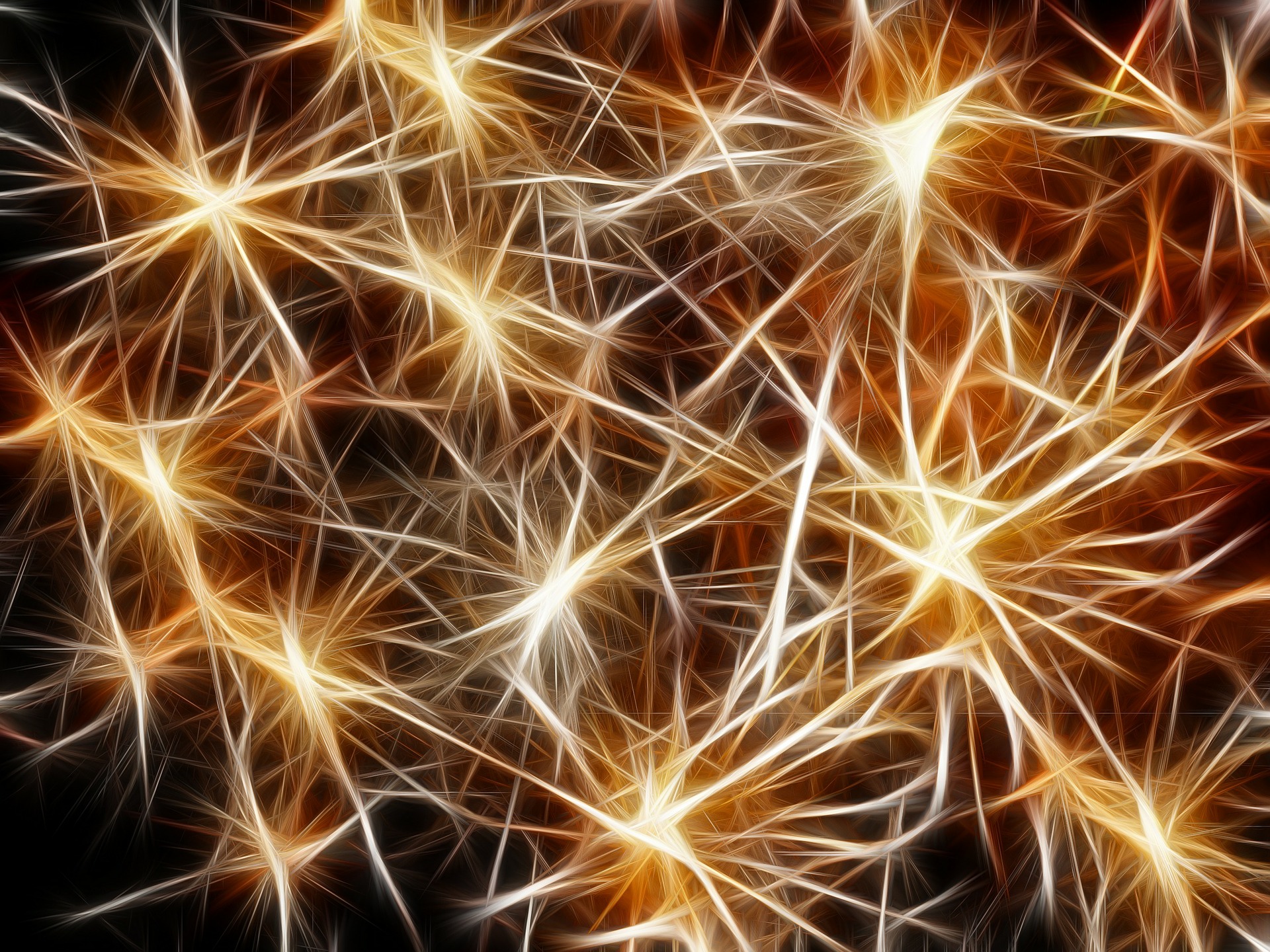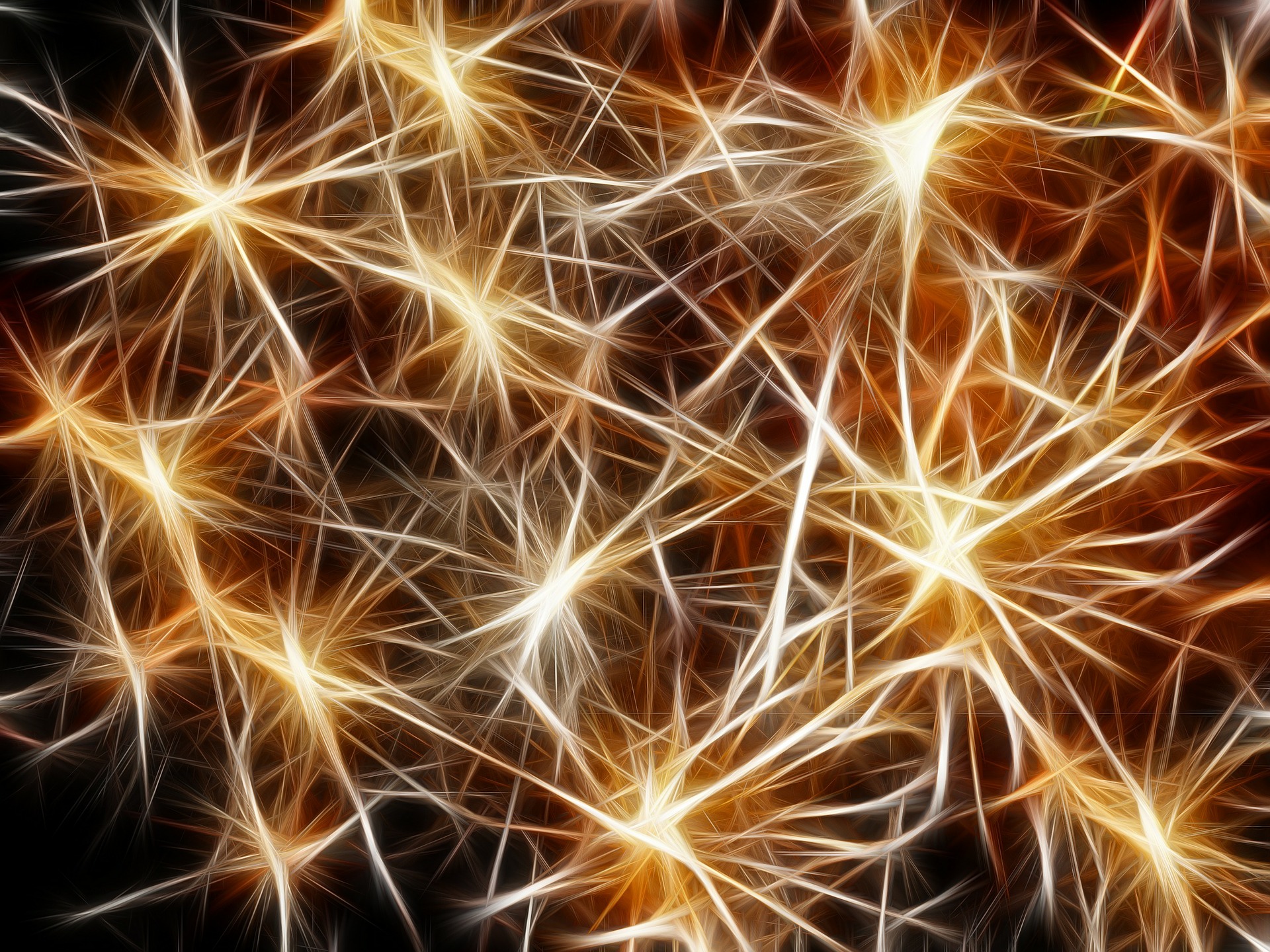I suspect that fluoroquinolone antibiotics deplete, inhibit, or otherwise adversely affect acetylcholine (ACh). ACh is a neurotransmitter that has the following functions:
- It is a neuromodulator of the central nervous system, the autonomic nervous system, and the peripheral nervous system.
- In the autonomic nervous system, ACh has key roles in both the sympathetic and parasympathetic nervous systems, and affects motility through the digestive tract, sweating, tear production, balance, heart-rate, breathing, etc.
- In the central nervous system, ACh plays a role in regulating arousal, attention, sleep, and motivation.
- In the peripheral nervous system, ACh controls muscle activation (both skeletal muscles and smooth muscles–the muscles that involuntarily contract and release).
- It affects vascular tone.
- A lack of ACh is linked to Alzheimer’s Disease, Parkinson’s Disease, autism, schizophrenia, bipolar disorder, and other chronic CNS illnesses.
- It suppresses inflammation.
- It affects the release of hormones.
Fluoroquinolones damage connective tissues (tendons, ligaments, cartilage, fascia, etc.) throughout the body, as well as the nervous systems (central, peripheral, and autonomic). After getting “floxed” people often suffer from autonomic nervous system dysfunction (including dysautonomia, loss of digestive motility, problems sweating, balancing, etc.), central nervous system dysfunction (including psychosis, insomnia, changes in personality, etc.), and peripheral nervous system dysfunction (including peripheral neuropathy). Fluoroquinolone toxicity often resembles autoimmune diseases in its symptoms, and, like many people with autoimmune diseases, inflammation is often rampant in those who are floxed. Many “floxies” have reported hormonal problems, including thyroid hormone abnormalities, as well as undesirable levels of estrogen, progesterone, and testosterone.
There is significant match-up between the list of documented effects of ACh depletion/damage (summaries of ACH effects can be found HERE and HERE) and the documented effects of fluoroquinolones (the warning labels go over most of the symptoms of fluoroquinolone toxicity, but the personal stories on this site, as well as the stories on www.fqwallofpain.com, facebook, and other places on the internet better exemplify the actual effects of these drugs).
In addition to the obvious links and overlaps noted above, the links between fluoroquinolones/fluoroquinolone toxicity and ACh damage are more thoroughly explored in the post, “Acetylcholine (ACh) – Related Damage” on www.fluoroquinolonethyroid.com. In it, JMR describes the connections between fluoroquinolones (and fluoroquinolone toxicity) and acetylcholine:
“Still, there were many reasons I felt that many of my problems could be ACh related, and here are some of them. As I’ve already stated, I felt that many of my symptoms and acute flox reaction could be described as “cholinergic/anti-cholinergic” in nature, and/or MG (myasthenia gravis) related. Drug label warnings specifically state the Fluoroquinolones have neuromuscular blocking activity, so pharma is giving us a big clue here. ACh modulates a host of physiological processes in the central and peripheral nervous systems. Centrally, ACh regulates motor function, sensory perception, cognitive processing, arousal, sleep/wake cycles, and nociception, while in the periphery it controls heart rate, gastrointestinal tract motility, and smooth muscle activity. Non-neuronal ACh and AChE are distributed throughout the body, making ACh transmission and metabolism important for all cells in the body, not simply neurogenic cells. Additionally, Non-neuronal ACh and AChE are found in tendons, and increased expression of both occurs in pathological tendinosis, and is thought to contribute to tendon pathology. (Forsgren/Danielson lab studying role of non-neuronal ACh in chronic tendinosis and tendon pathology – search “non-neuronal ACh Tendons”). In relationship to the thyroid, cholinergic interaction with the thyoid gland is extensive, and common epitopes may exist relating thyroid autoimmunity and ACh/muscarinic receptor autoimmunity. ACh appears to be necessary for iodine organification (so this might be one underlying mechanism of action to explore for Hashi’s). MuSK form of MG (myasthenia gravis) may be a separate condition from MG and there is a known association between “MuSK MG” and Graves disease. Magnesium prevents or controls convulsions by blocking neuromuscular transmission and decreasing the release of acetylcholine at the nicotinic ACh motor nerve terminals (the analgesic properties of Mg are due to NMDA receptor blocking action). In (my) Year 5 post, as my symptoms progressed, it became apparent that Magnesium was actually exacerbating my muscle weakness, presumably by blocking neuromuscular transmission, and magnesium is something that is known to exacerbate MG symptoms (so for any flox victims for whom magnesium makes your symptoms worse, especially muscle weakness, this is something to consider). ACh is an underlying common denominator anytime we eat; distention in the stomach or innervation by the vagus nerve activates the Enteric Nervous System, in turn leading to the release of ACh. Once present, ACh activates G cells (produces gastrin) and parietal cells necessary for digestion. From an FQ-Induced collagen/connective tissue damage point of view, appropriate collagen formation is also very necessary for AChE function and ACh transmission, and lack of it can result in Myasthenia Gravis like symptoms, as these COL Q studies confirm: 1, 2, 3, 4, (and suppression of collagen prolylhydroxylation as in this FQ study here can affect COL Q; also scroll to “collagenous domains as substrates”, AChE, in this “Prolyl 4-hydroxylase” paper here). Because of the necessary symbiotic relationship of mitochondria with their host cells (as I described here), anything that affects the host cell will often affect mitochondria as well, and this most certainly will include ACh-related problems. However, never to be left out of an opportunity for direct damage, it turns out mitochondria also express a number of nicotinic acetylcholine receptors too (1,2). I won’t be surprised if muscarinic receptors will also be found in mitochondria some day as well.”
I highly recommend reading the entire post to understand the arguments as to why and how fluoroquinolones may be connected to ACh disorders.
Can fluoroquinolones trigger anti-ACh antibodies? Can fluoroquinolones trigger a form of myasthenia gravis? How are autoimmune diseases connected to ACh depletion? We know that inflammation is a feature of autoimmune diseases, and that ACh modulates inflammation. We also know that lack of vagal nerve tone is related to both inflammation and autoimmune diseases, and that ACh is produced by a healthy and toned vagal nerve. We know that many of the symptoms of fluoroquinolone toxicity resemble symptoms of various autoimmune diseases, including rheumatoid arthritis, Sjogren’s Syndrome, Lupus, M.S., etc. How are autoimmune diseases, vagal nerve tone, ACh production and/or depletion, and fluoroquinolones related?
I’m not sure of the answers to those questions (I’m not sure that anyone knows the correct answers to them), but I do think that both vagal nerve tone and ACh production and/or depletion is related to fluoroquinolone toxicity (more on that assertion can be found in this post – https://floxiehope.com/2015/06/13/hacking-fluoroquinolone-toxicity-via-the-nervous-system/).
How can floxies increase their ACh? One way to increase ACh is to eat foods that are rich in choline, a precursor to acetylcholine. Choline-rich foods include:
- Eggs
- Chicken
- Fish
- Liver
- Nuts
Some herbs and supplements that can increase ACh are listed HERE and HERE. Interestingly, caffeine, which many floxies respond negatively to, is on the list of things that increase ACh, and the supplements noted that decrease ACh have reportedly helped some floxies. As with everything, caution is warranted, and it’s best to consult with a trusted medical professional before starting any supplement protocol.
Exercises and practices that stimulate the vagus nerve can also stimulate the production and movement of ACh. Some things that stimulate the vagus nerve include:
- Meditation
- Breathing deeply and slowly
- Singing
- Playing a wind instrument
- Submerging your face in cold water
- Gargling
- Chanting “OM”
- Laughter
- Exercise
- Massage
- Acupuncture
- Chiropractic adjustments
- Positive social interactions
More information about the benefits of stimulating the vagus nerve can be found HERE and HERE.
Many of the vagal nerve stimulating exercises and practices listed above helped me in my recovery from fluoroquinolone toxicity. Meditation and mindfulness were key elements to my recovery. Acupuncture, massage, breathing exercises, and support from loved ones (positive social interaction), were key as well. Even though none of these exercises are “quick fixes” or “big guns,” they are healing practices, and the ACh and vagus nerve connection may be how they help to repair the body and mind.
I hope that some research is done into the connections between fluoroquinolones/fluoroquinolone toxicity and ACh. It’s reasonable to think that there are connections–they just need to be proven.
Until then…. meditate, breathe, laugh, and eat liver. They really do help.













… [Trackback]
[…] Here you will find 61561 additional Information to that Topic: floxiehope.com/fluoroquinolone-toxicity-and-acetylcholine-ach-damage/ […]
… [Trackback]
[…] Find More on on that Topic: floxiehope.com/fluoroquinolone-toxicity-and-acetylcholine-ach-damage/ […]
… [Trackback]
[…] Find More to that Topic: floxiehope.com/fluoroquinolone-toxicity-and-acetylcholine-ach-damage/ […]
… [Trackback]
[…] Find More Information here on that Topic: floxiehope.com/fluoroquinolone-toxicity-and-acetylcholine-ach-damage/ […]
… [Trackback]
[…] Read More Info here to that Topic: floxiehope.com/fluoroquinolone-toxicity-and-acetylcholine-ach-damage/ […]
… [Trackback]
[…] There you will find 78222 more Information to that Topic: floxiehope.com/fluoroquinolone-toxicity-and-acetylcholine-ach-damage/ […]
… [Trackback]
[…] Find More on that Topic: floxiehope.com/fluoroquinolone-toxicity-and-acetylcholine-ach-damage/ […]
… [Trackback]
[…] Find More to that Topic: floxiehope.com/fluoroquinolone-toxicity-and-acetylcholine-ach-damage/ […]
… [Trackback]
[…] Information on that Topic: floxiehope.com/fluoroquinolone-toxicity-and-acetylcholine-ach-damage/ […]
… [Trackback]
[…] Read More to that Topic: floxiehope.com/fluoroquinolone-toxicity-and-acetylcholine-ach-damage/ […]
… [Trackback]
[…] Read More on on that Topic: floxiehope.com/fluoroquinolone-toxicity-and-acetylcholine-ach-damage/ […]
… [Trackback]
[…] There you can find 79983 additional Info on that Topic: floxiehope.com/fluoroquinolone-toxicity-and-acetylcholine-ach-damage/ […]
… [Trackback]
[…] Read More Info here to that Topic: floxiehope.com/fluoroquinolone-toxicity-and-acetylcholine-ach-damage/ […]
… [Trackback]
[…] Read More to that Topic: floxiehope.com/fluoroquinolone-toxicity-and-acetylcholine-ach-damage/ […]
… [Trackback]
[…] Read More on that Topic: floxiehope.com/fluoroquinolone-toxicity-and-acetylcholine-ach-damage/ […]